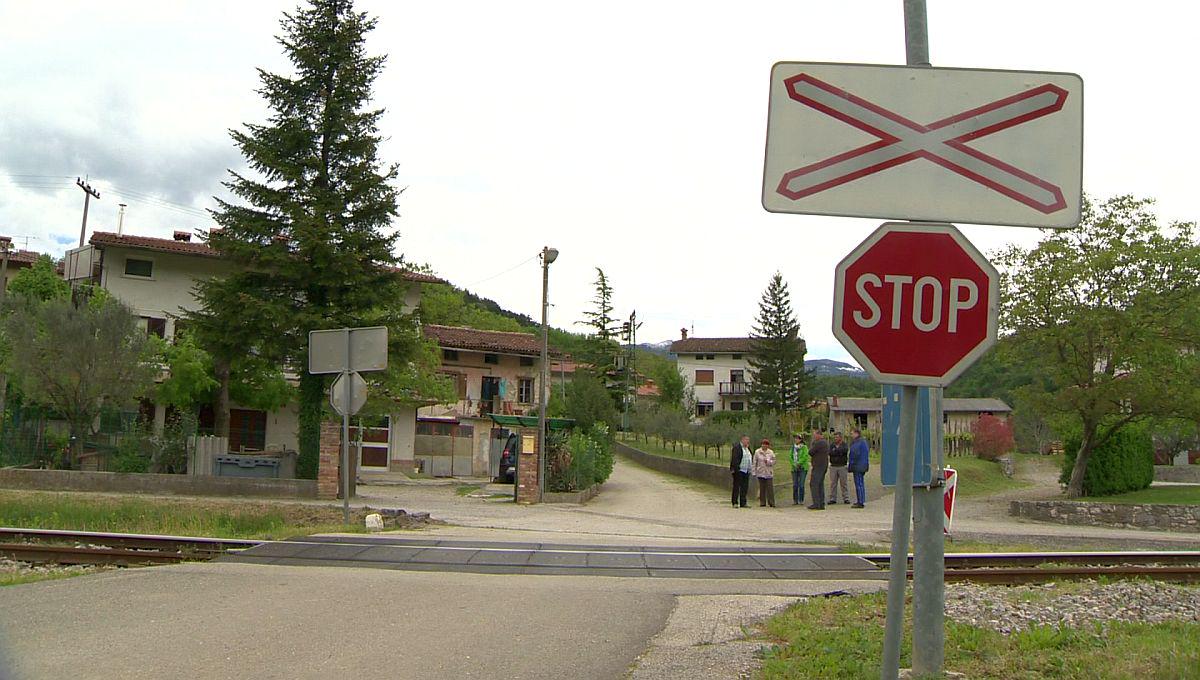
"Warnings are always useful, as are programs designed to educate people about the dangers of illegally crossing roads or train tracks. Road safety is paramount for everyone," traffic psychologist Marko Polič told MMC. As schools are reopening this week, drivers have been urged to use extra caution on the roads.
Polič believes that in order to stop the problem of people illegally crossing train tracks, level crossing barriers and railway bridges should be built everywhere. "Level-crossing signs are not enough. Just one moment of distraction can have fatal consequences for the driver," said Polič.
Drivers shouldn't rely on their experience
"Railway traffic is different form road traffic. Sometimes, railway traffic is low-frequency, and sometimes it's high-frequency. People often rely on train schedules. They tend to misjudge situations, and that's how accidents happen," said Polič, stressing that drivers shouldn't rely on their experience because this could result in accidents.
Overconfidence and adrenaline rushes
Overconfidence is another risk factor. Why are some drivers willing to risk everyone's safety? "Many drivers follow their own rules, and they're willing to risk their own lives and those of their passengers to get to their destination a little faster. They don't think about the consequences of their actions, they only think about the here and now. Basically, they're impatient when they encounter barriers. Sometimes they try to remove them, which often ends in tragedy," said Polič, adding that adrenaline junkies are also a problem.
In 2015, there were 27 accidents which occurred at railway crossings. Two people were killed, one was seriously injured, and three others suffered minor injuries. In 2016, 20 accidents were reported. One person was killed, and five others received minor injuries. Drivers should always obey traffic laws and never illegally cross train tracks; they should only cross at marked crossings, never ignore flashing red lights, and never drive around level crossing barriers, said Vesna Drole of the General Police Administration.
Gorazd Kosmač; translated by D. V.

































































